Syed Farhan Ahmad
Quantum Machine Learning for Finance
Sep 09, 2021Abstract:Quantum computers are expected to surpass the computational capabilities of classical computers during this decade, and achieve disruptive impact on numerous industry sectors, particularly finance. In fact, finance is estimated to be the first industry sector to benefit from Quantum Computing not only in the medium and long terms, but even in the short term. This review paper presents the state of the art of quantum algorithms for financial applications, with particular focus to those use cases that can be solved via Machine Learning.
Knowledge Discovery in Surveys using Machine Learning: A Case Study of Women in Entrepreneurship in UAE
Mar 21, 2021
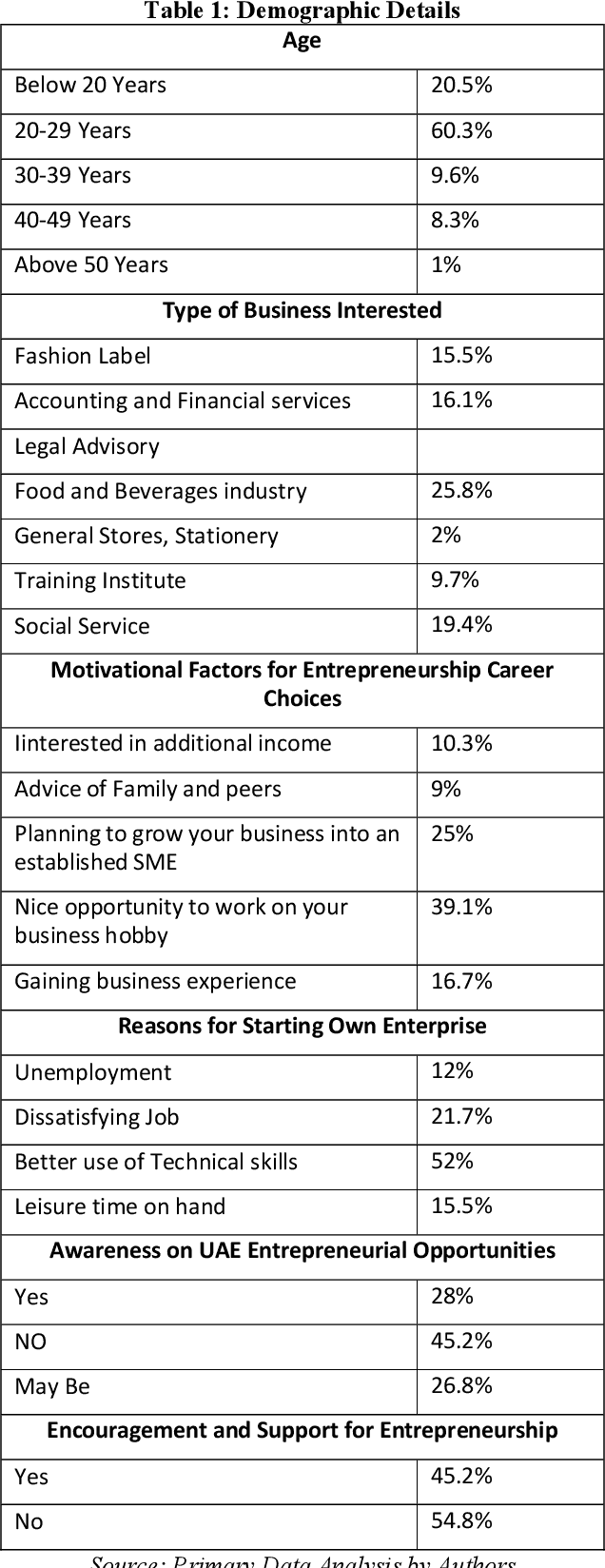

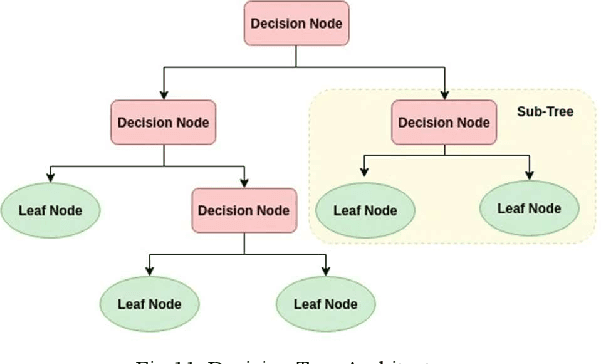
Abstract:Knowledge Discovery plays a very important role in analyzing data and getting insights from them to drive better business decisions. Entrepreneurship in a Knowledge based economy contributes greatly to the development of a country's economy. In this paper, we analyze surveys that were conducted on women in entrepreneurship in UAE. Relevant insights are extracted from the data that can help us to better understand the current landscape of women in entrepreneurship and predict the future as well. The features are analyzed using machine learning to drive better business decisions in the future.
Quantum Machine Learning with HQC Architectures using non-Classically Simulable Feature Maps
Mar 21, 2021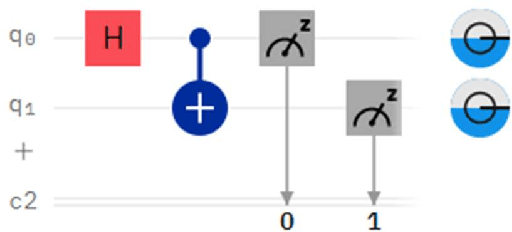

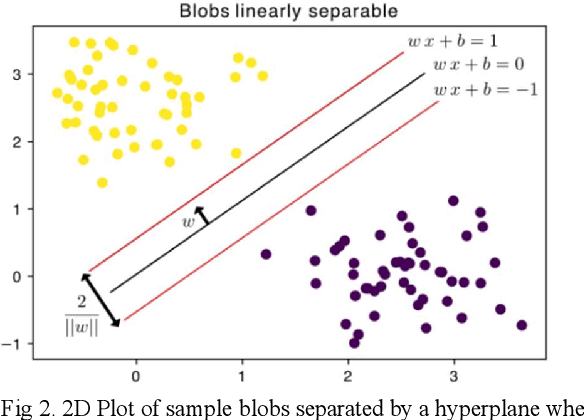
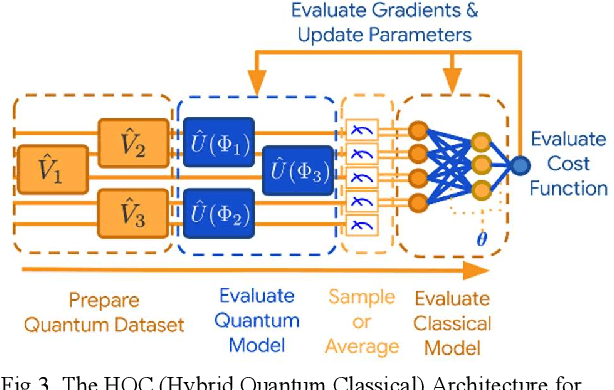
Abstract:Hybrid Quantum-Classical (HQC) Architectures are used in near-term NISQ Quantum Computers for solving Quantum Machine Learning problems. The quantum advantage comes into picture due to the exponential speedup offered over classical computing. One of the major challenges in implementing such algorithms is the choice of quantum embeddings and the use of a functionally correct quantum variational circuit. In this paper, we present an application of QSVM (Quantum Support Vector Machines) to predict if a person will require mental health treatment in the tech world in the future using the dataset from OSMI Mental Health Tech Surveys. We achieve this with non-classically simulable feature maps and prove that NISQ HQC Architectures for Quantum Machine Learning can be used alternatively to create good performance models in near-term real-world applications.
 Add to Chrome
Add to Chrome Add to Firefox
Add to Firefox Add to Edge
Add to Edge